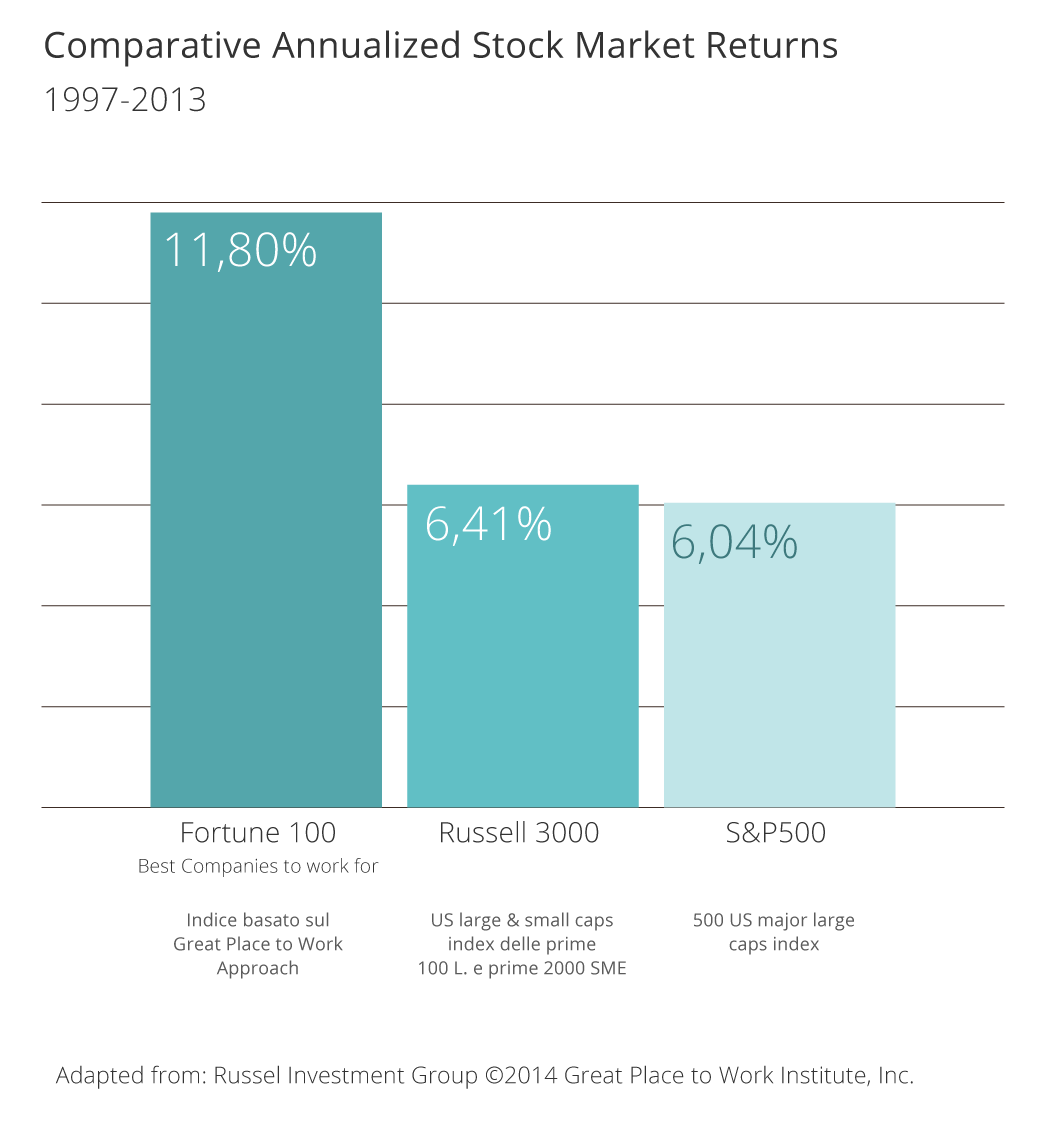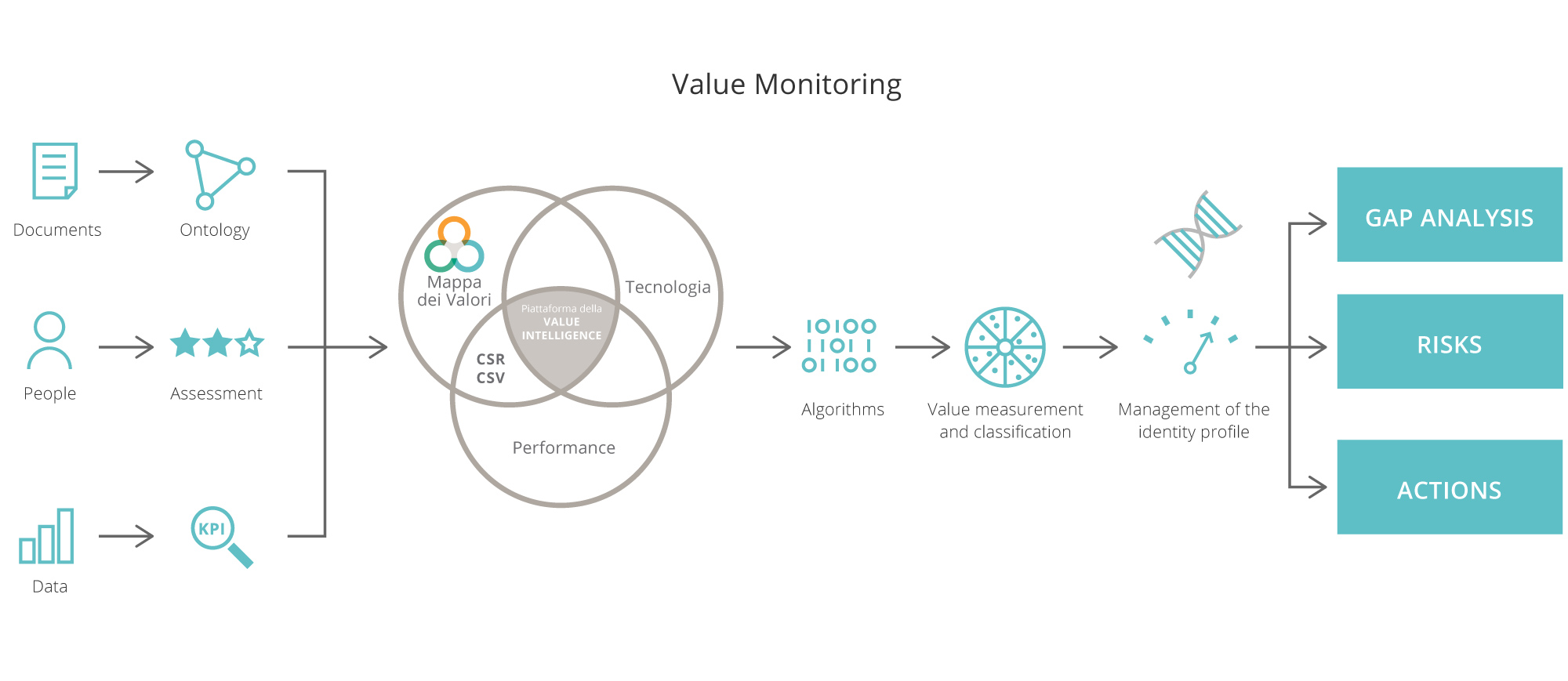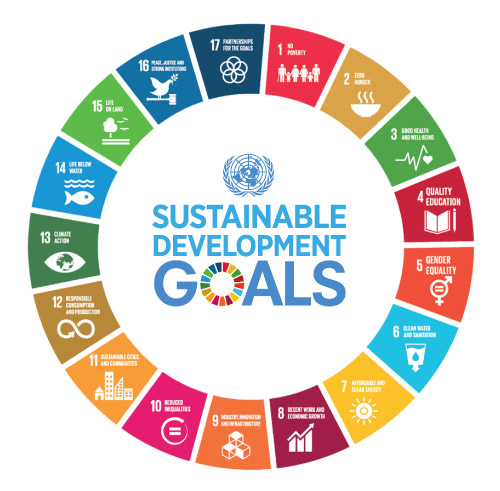When companies do not understand and do not verify the results created by the close interdependence between business and social results, they lose important opportunities for innovation, growth and sustainability
«A company’s values are the core of its culture. While a vision articulates a company’s purpose, values offer a set of guidelines on the behaviors and mindsets needed to achieve that vision. A company’s culture is in a constant state of evolution, while its values make up the foundation» (Harvard Business Review)
The presence of the set of values that is firmly rooted in the culture of the company and recognized by stakeholders makes it possible to successfully face changes, attract capital, make strategic objectives consistent with actions and consequent behaviors, capture the interest of the best talents.
Social, economic and governance sustainability benefits from the consistency of the values exchanged between the stakeholders, one of the main reasons why veeco has adhered to the United Nations SDGs.
On the other hand, when the differences between affirmations, perceptions and actions are ignored, companies cannot fully grasp the opportunities of change, with consequent negative effects on their performance.
The value risks, thanks to technologies such as semantic analyzes, computerized ontologies and artificial intelligence, allow to trace these differences and to build a new and important system of corporate governance.
We believe that values are not only constitutive factors of any business, but that they can become management tools today; it is for this reason that we offer companies the Value intelligence platform (VI), the corporate governance system through values. With our digital technologies, values become tangible elements that develop over time, provide useful keys to face organizational changes, help us understand how to improve communication – internal and external – to provide new directions to the narrative of the company and to guarantee a solid governance of his reputation.
Companies that invest in corporate culture achieve better performance
According to various sources, the US companies that invested in corporate culture have had a high % of capitalization of their market values. Annual average is between 6.04% and 11.80%

Big data processing increases the risks of managing reputation and judgments expressed by stakeholders. Millenials and new generations choose companies according to the expressed and perceived values.
Sustainability is not only environmental, but also economic, social and of governance. Managing values gives meaning and makes actions on sustainability consistent, according to the objectives indicated in the UN SDGs.
The values become digital and measurable.
Values become management tools.
Data, information and knowledge generate competitive advantage and improve the company’s performance.
For veeco, values are instruments of corporate governance. Public, semi-public and internal corporate documentation is a source of value information that is constantly exchanged.
Our methodology and technologies based on semantic analyzes and information ontologies allow us to identify the value signals, those value markers that indicate which differences of perception are present among stakeholders and the company.
In this way a new business governance model is born, called The value intelligence platform (VI) , a tool that supports traditional business intelligence based primarily on economic and financial data.
The VI is an integrated analysis system, information is acquired from multiple processes that contribute to its construction:
Value-based KPIs: acquired from company information systems.
The comparison with KPIs among different sources obtains in a single context the exchange of values at different depth levels. And enables to act on the areas of improvement by monitoring the relative actions.
The process is described in this image

The range of services is modular and scalable and can be acquired separately or based on growth plans developed together with the company.
These are the main features of each service
The assessment system is provided online in anonymous form and is available to employees, customers and suppliers. It investigates:
What the assessment do:
The companies that used the assessments:
The experiences provide useful feedback in significant areas:
The structure of the questions and profiles of the participants is chosen by the company
Duration of the process: 2 months
Set up includes:
Process management, 3 weeks duration:
The reports provide analyzes on various variables including: analytical analysis on the major polarized responses, comparisons between profiles, organizational impacts. Cluster analysis in relation to the results that emerge, in order to provide an articulated knowledge tool immersing into the reality that is investigated.

We work with consulting, communication and training companies to provide a high quality service.
Veeco acts as an activator to optimize the intervention processes in the areas of improvement identified by stakeholders’ and documents’ assessments.
Passive contracts and collaborators | Active contracts | Marketing campaigns | Financial statements | Internal communications
…
Websites | Social network | Professional sites
…
Comparators | E-commerce | Fintech | Insurtech
…
How values are exchanged within the main business processes: sales, logistics, purchasing, production, finance
The KPIs, acquired by the company’s information systems, are chosen on the basis of their significance in representing the investments that the company supports in terms of values and are connected with the values present in the Map.
This allows in a single context to understand if there are appreciable differences between the diffusion of values among the stakeholders and the synthetic measures of the KPIs. Here too, those value markers act to allow the company to optimize processes and performance.

Researcher and marketing consultant, specialized in the area of media and sociology of culture. She has worked for the major publishing companies and for some of the main Italian market research institutes.

An entrepreneur with more than 20 years of experience in the fields of editorial communication and business strategies, he is Veeco’s creator and the coordinator of the working group.

In more than 10 years has developed numerous technological innovation and technology transfer projects on behalf of the Ca ’Foscari University of Venice. In veeco he develops the model of the value intelligence system and the methods of data acquisition from the sources that feeds it.

Responsible for customer contact activities. She deals with the operational monitoring of the development activities of the various processes and has the responsibility to control the releases of the various phases of the process.
Veeco engages high scientific level collaborations in order to give companies a constantly updated service in line with the most advanced research in our sector. In particular,
The Map of Values was created with:

Philosopher, trainer, philosophical consultant. She deals with the design and implementation of training, analysis and development of professional and managerial skills.

Teaches Moral Philosophy at the Roma Tre University. A former Visiting Scholar at MIT and Harvard University, he is a regular Visiting Professor at Tufts University. Collaborates with “Il Sole 24 Ore” and with Rai. He lectures in 17 countries.

He teaches Moral Philosophy and Communication Ethics at the University of Pisa. He also directs the Interdisciplinary Center for Research and Services on Communication (C.I.Co.), which deals with various developments in applied ethics.

Associate Professor of Moral Philosophy at the University of Macerata, where she teaches Ethics and Economics, Media Ethics, Globalization and Theories of Justice. She is the University delegate for international relations and internationalization processes; a member of the board of directors and treasurer of SIFM – Italian Society of Moral Philosophy.

Dean of the Faculty of Philosophy and professor of Moral Philosophy at the Vita-Salute San Raffaele University. He devoted himself to the themes of ethics and moral, public ethics and respect, neuroethics, bioethics and the philosophy of cinema.
The extension of the Map of Values to the UN SDGs was carried out together with:


Professor of Political Philosophy and Public Ethics at the Sant’Anna School of Advanced Studies in Pisa, Coordinator of the Philosophical Higher Education School of Acqui Terme.

PhD in Cognitive Neuroscience and Philosophy of the Mind at the Vita-Salute San Raffaele University, she deals with decision making in neuroscience and ethics and with Adam Smith’s thought.